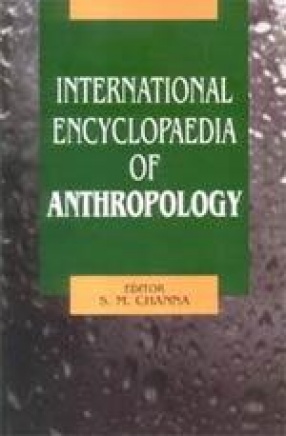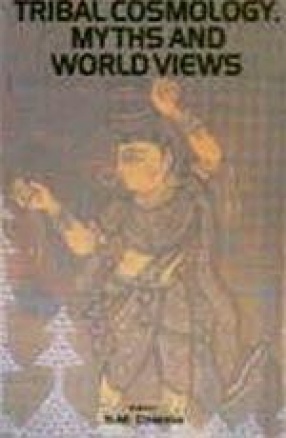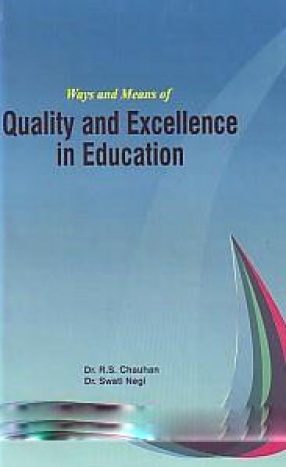Anthropology is a human science and is primarily concerned with the basic issues of life and living and of ethics and human behavior. It is vitally associated with global issues of human interest like inequality, environment, ethinicity, conflict, political boundries, gender issues, power hierarchies etc. The past few decades have emerged as the critical period of anthropological thought involving introspectionand a great deal of reflexivity. The International Encyclopaedia of Anthropology brings together some of the most important works to appear in this creative phase of the discipline. The seventies and eighties mark a turning point in the direction and identity of anthropology and the articles included in this encyclopaedia pertain to some of these major theoretical and methodological debates and emerging issues. Some of the articles present entirely seminal point of view and may be read as initiators of fresh theoretical debates. Others are carrying forward existing theories or adding a fresh perspective to old ones. The ethnographic material included in the encyclopaedia is global in its scope and contains data from all over the world, pertaining to every type of society and culture. Special care has been taken to include material which is important to understanding the scope and application of anthropology as a discipline. The articles have been arranged theme wise in the successive volumes and cover all major areas like Culture, Behavior, Religious Beliefs and Practices, Kinship, Gender, Medical Anthropology, Political anthropology, Ecological Anthropology, Research Methodology, Practicing Anthropology, Ethnicity and Identity, Sexuality and Culture, Family and Marriage etc. The holistic nature of the discipline makes it impossible to segregate individual themes completely, but care has been taken that the articles are not only bound by a common thread but also covers most dimensions of the major themes. The contributors of this set include reputed scholars from all parts of the world. These include names like Raymond Firth, Francis Hsu, Mary Douglas, Robin Fox, Lawrence Babb, J.K. Doolan, Michel Verdon,, Marc J. Swartz, Strathern, David G. Mandelbaum, Melford Spiro, Laura Nader, Walter Goldschmidt, and many other such great scholars. The Encyclopaedia presents almost all the major sub-themes of the discipline to include non-Western and Western, First world and Third world, Aborigines, Rural and Urban and a host of other sub-cultural types, including those based on caste, class, region, gender and ethnicity. The articles are as representative as possible and review all that has been happening in the field of Anthropology in the last three decades. The uniqueness of the work lies in its compilation and classification, to make such complex material available in a systematic manner. The Encyclopaedia would be welcomed by teachers and students of Anthropology, History, Pre-history, Socio-biology, Sociology, Social anthropology, Social Work and Political Science. Those dealing with Gender both as a problematic and a s a social reformation will be greatly aided; Social workers will find solutions to many problems of culture and communication; Planners and Policy makers will find these volumes indispensable. The complete text is profusely supplemented with tables and figures, facilitating easy reading. Each individual article has its own extended bibliography guiding the user to further reading.
Tribes and Government Policies
$70.20
$78.00







There are no reviews yet.